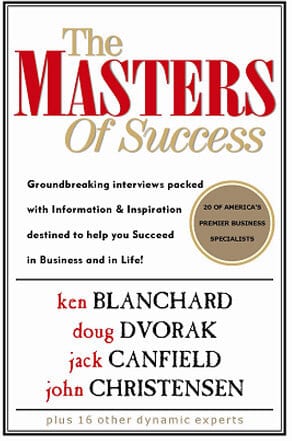
Supercommunicators by Charles Duhigg
Communication is one of the most critical aspects of the human experience. Throughout history, however, effective communication is something our species has always struggled with.
From somewhat awkward situations all the way up to catastrophic events, poor communication can lead to a lot of problems. That’s why great books like Supercommunicators: How To Unlock The Secret of Language Connection can be very helpful.
Supercommunicators, written by Charles Duhigg, is about the different types of communication and how we can best navigate different types of conversations. Here are some of the key insights Duhigg makes is his book:
The Different Types of Conversations
In the prologue of Supercommunicators, Duhigg write: “There are practical, decision-making conversations that focus on What’s This Really About? There are emotional conversations, which ask How Do We Feel? And there are social conversations that explore Who We Are? We are often moving in and out of all three conversations as a dialogue unfolds.”
These are the three types of conversations Duhigg explores throughout the entirety of this book, each section going into depth on these types of conversations.
In the second section of the book, Duhigg discusses the first type of conversation, What’s This Really About? He discusses the two primary goals of this conversation type; what is the topic and how should the discussion unfold? Throughout, he shows how this type involves the decision-making aspects of the conversation, whether they be gathering and communicating information, making plans, and ultimately figuring out what everyone wants from the conversation.
In the third section of the book, Duhigg discusses the second type of conversation, How Do We Feel? In this section, he discusses how when we are engaging in this form of conversation, we are often engaging with the emotional side of ourselves, including our beliefs and current emotional state. It involves asking heavier questions that require someone to look within themselves and to come to a better understanding about how everyone in the conversation is feeling, often exposing their vulnerabilities.
In the last section of the book, Duhigg discusses the third type of conversation, Who We Are? This is a question asked by virtually every human that has ever lived. He suggests that during this type of conversation, we are trying to understand our relationship with others. It involves discovering how others see and feel about us, discovering what our role and standing is in our relationships or community, and even how what we do might affect others.
The Matching Principle and the Learning Conversation
In the first section of his book, Duhigg talks about how critical communication is in our daily life and shows how it can have an impact on the world around us. When brains connect there is a spark of information being exchanged and a development of understanding of how we feel and the ways we affect each other.
In the book, he writes about a CIA agent named Jim Lawler, whose honesty and good communication skills had to be consistently used and tested. In one instance, Lawler’s skills led to a connection that made him unable to convince a potential recruit to go on a suicide mission. Despite the fact he had developed these communication skills for his work, Lawler was unable to overcome the connection that came about because of that level of communication.
On this subject, Duhigg outlines a concept he refers to as the Matching Principle. This concept refers to how in positive social interactions, people will recognize the kind of conversation that a person is using and match accordingly to create a better experience. It involves properly reading people and understanding what they want, how they feel, and how they want others to perceive them. He shows how this is a fundamental aspect of good communication and is a skill that super communicators need to learn.
Duhigg also goes over another concept he refers to as the Learning Conversation. It is his list of rules for getting the most out of any conversation. The rules are: 1) Pay attention to what kind of conversation is occurring; 2) Share your goals and ask what others are seeking; 3) Ask about others’ feelings and share your own; and 4) Explore if identities are important to this discussion.
All in all, Supercommunicators: How To Unlock The Secret of Language Connection by Charles Duhigg is a fascinating read. Two thumbs up!




